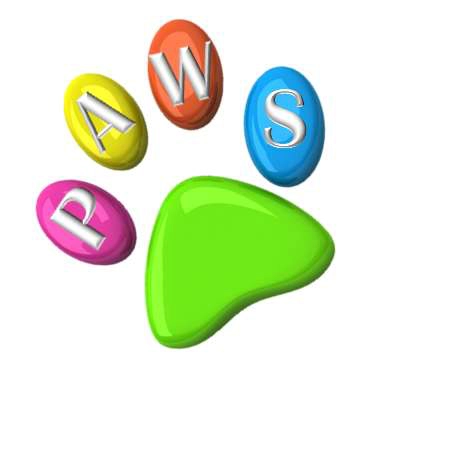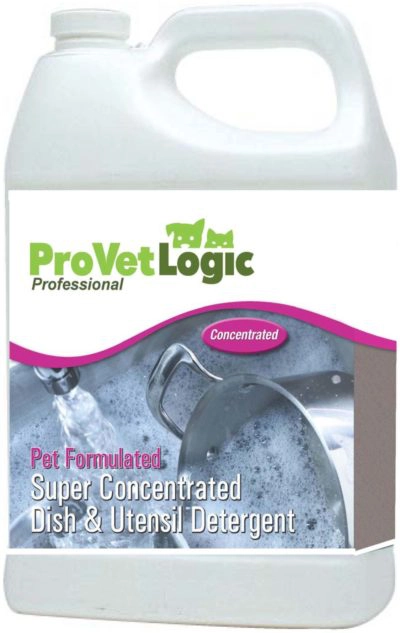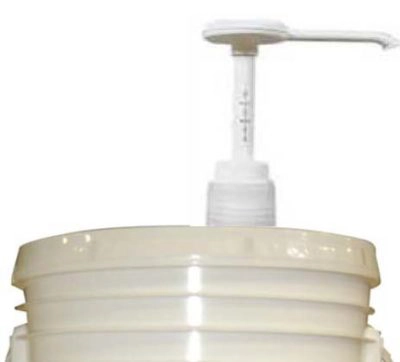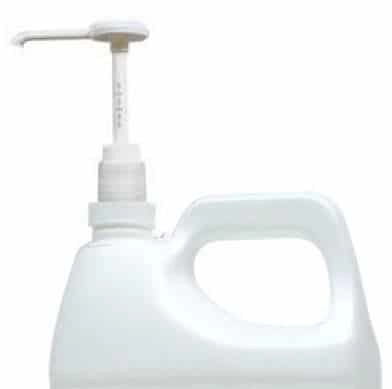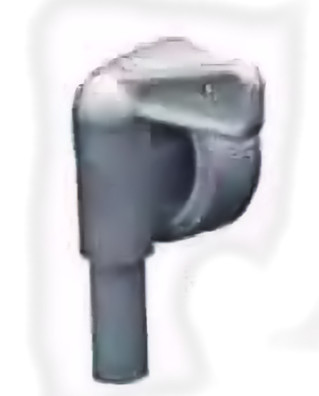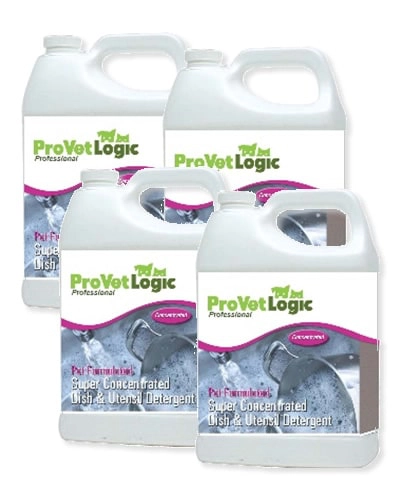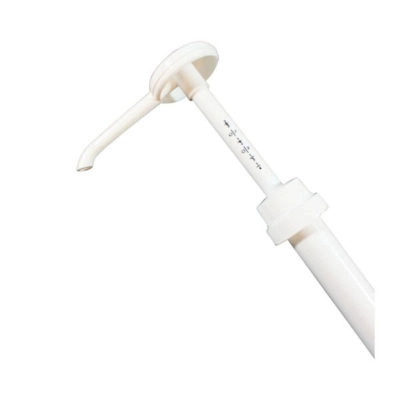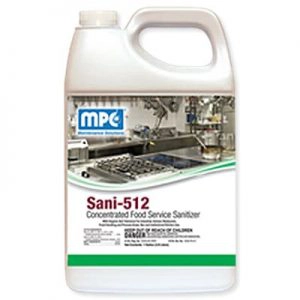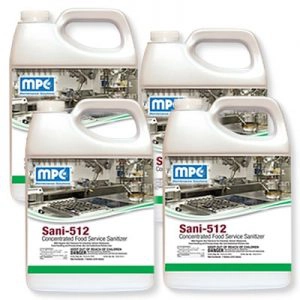Pet and Worker Safety Wash, Rinse, Sanitize
The best protocol for effectively cleaning and sanitizing pet dishes and utensils is the “Wash, Rinse & Sanitize” method.
A required process in the restaurant industry, this method is safe, effective and economical.
Pet Dish Washing Background:
While we wash our own dishes on a daily basis, many pet care providers overlook the fact that pet food and water bowls need to be washed too!
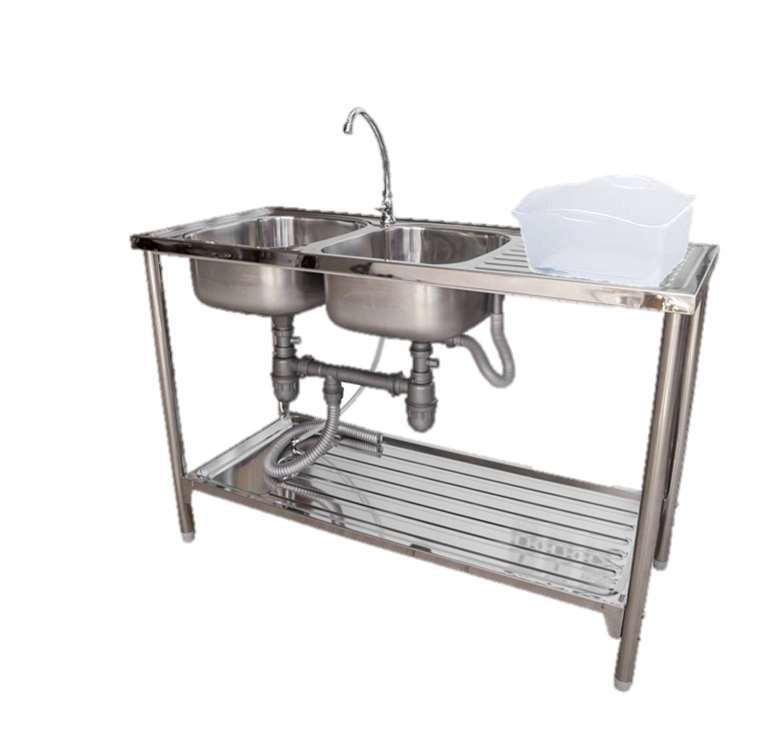
Bacteria found in dirty food and water bowls cannot only cause illness to pets, but to us humans as well. The most common illness that is derived from dealing with pet food bowls is Salmonella, but that’s not the only one: E Coli, yeast, mold, fecal coliform and staph infection are all potential concerns as well. Communal water dishes can be a breeding ground for giardia, an intestinal parasite.
Good Practice Ideas for the Pet and Worker:
Here are some good practices to help avoid contamination:
-
- Wash hands before and after handling pet food and water bowls.
- Store dry pet food in an airtight container to avoid the growth of bacteria.
Wash pet dishes using the following “Foodservice” approved protocol:
- Wash: In sink or tub #1, prepare a solution of “Pet Friendly” Dish Detergent (low suds and minimal residue) and water. Dip the bowl into the solution and scrub to loosen and remove soil.
- Rinse: In sink or tub #2, rinse the bowl using clean water to remove any remaining soil or detergent residue.
- Sanitize: In sink or tub #3, prepare a solution of “Dish Sanitizer and water. Dip the bowl into the solution, remove immediately and place on a rack or surface to air dry. Do not hand dry!
Do not soak or leave bowls to soak overnight in the sanitizer solution and especially in a bleach solution. The solution will damage stainless and aluminum bowls and penetrate plastic bowls. Avoid using plastic bowls, if possible.
The same Wash, Rinse & Sanitize protocol can be used to clean and sanitize rubber dog toys, cleaning utensils and rubber mats.
ProVetLogic is a Licensed Board of Veterinary Medicine Continuing Education Provider.
Speak With Us About How To Do It
Call ProVetLogic – Phone: 800.869.4789 – Email: education@provetlogic.com
You can view our full category of Pet Washing Supplies below.
Pet Washing Products
-
1 oz Deluxe Dispensing Pump for 5 Gallon Pail
$7.99 -
1 oz Deluxe Dispensing Pump-1 gallon bottle
$7.05 -
On/Off Faucet for 2.5 Gallon Bottle
$10.00 -
Pet Dish Detergent
$23.40 -
Pet Dish Detergent 4 One Gallon Containers
$84.24 -
Push-N-Pump 1 oz Pump Dispenser for 2.5 Gallon Bottles
$13.00 -
SANI-512 Dish Sanitizer
$22.77 -
SANI-512 Dish Sanitizer 4 Gallons
$82.03

